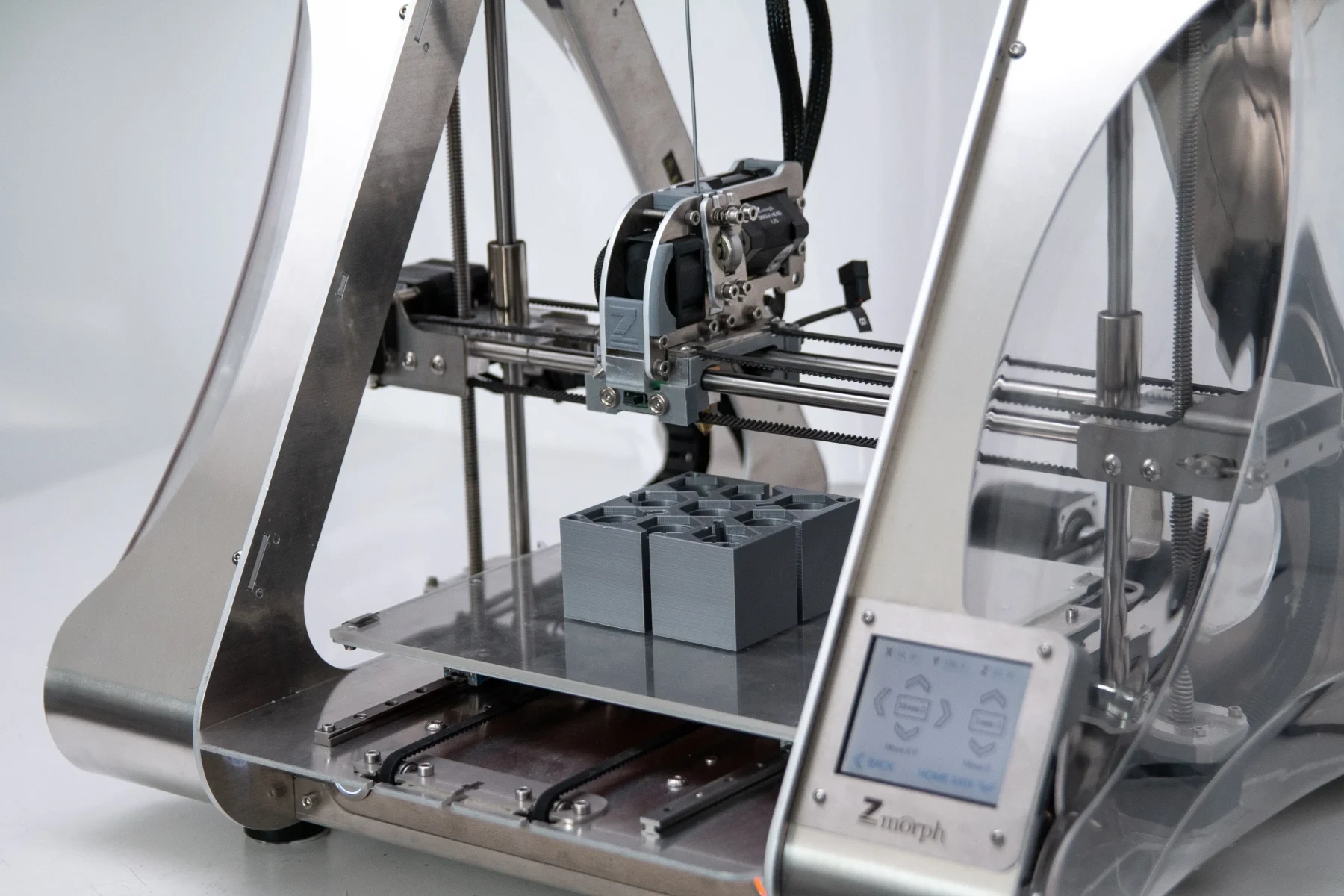
5 Trends in Mechanical Engineering for 2020
The world is facing an exciting new technological revolution, bringing with it a recent surge of new trends in mechanical engineering. Looking towards the new era of technology, mechanical engineers are discovering several new technologies, bringing advancements to the world like never before.
Does mechanical engineering have scope in the future?
Absolutely.
Though the world may be experiencing the fourth industrial revolution, there are still so many ways in which mechanical engineering is growing and developing, opening up so many more opportunities for those who work in the sector.
Take a look at 5 of the most popular trends in mechanical engineering for 2020 to discover just how much possibility there is or the future.
What are the new trends in mechanical engineering?
3D Printing
Also known as Additive Manufacturing, 3D printing is a complex process where an object’s model is created using CAD software – a detailed object modelling software.
The object then needs to be saved in a STL (Standard Triangular Language) format which allows the designed object to be ‘sliced’ into ultra-thin layers. When transferred to the 3D printing machine, these layers are then printed in a formation of fine plastic layers, each layer bonded to the layer preceding it to create precise shapes.
Mechanical engineers have designed objects for 3D printing that have made huge improvements towards mankind, including prosthetic limbs, artwork for the blind and edible objects.
Nanotechnology
Nanotechnology refers to the study and use of structures that are between 1 nanometer and 100 nanometers in size.
Although originally used and developed by scientists, nanotech has become an all-embracing term which includes many different application areas, including mechanical engineering. Today, nanotechnology sits at the front of many mechanical engineering projects; fluid mechanics, robotics, combustion, bio-medicine, measurements, heat transfer and many more.
Internet of Things (IoT)
The Internet of Things (IoT) is a system of interrelated computing devices or machines which have been provided with unique identifiers (UIDs) and have the ability to transfer data over a network without needing human-to-human or human-to-computer interaction.
A ‘thing’ in the IoT can be a person, animal or object, for example; a human with a heart monitor implant, an animal with a biochip transponder, or even an automobile which has built in sensors to alert the driver of any changes to the vehicle, such as low tyre pressure.These ‘things’ become part of the IoT when they have been assigned an IP address that can transfer data over a network.
Electric Vehicles
Mechanical engineers have spent many a decade carefully developing numerous components for cars to improve their performance, quality, and most importantly, safety. However, the rise of electric vehicles (or EVs as they’re commonly referred to) is set to significantly alter the way that mechanical engineers work – the biggest being the movement from internal combustion engines to cleaner battery-based power systems.
CAD-CAM Sustainability
CAD-CAM Sustainability refers to the designing and building of ecologically sustainable objects, buildings and environments. This entails maintaining change in a homeostatic environment where the use of resources meet the current and future needs of humanity, without compromising on the earth’s resources.
Similar to the use of EVs, mechanical engineers now have to find and develop renewable ways to improve mankind, without harming the environment.
Ready to apply for Oxford Summer Courses?
For a once in a lifetime experience, join us for summer 2023 where you can discover over 40 academic subjects taught by expert tutors. You’ll also meet other like-minded individuals from around the world and make friends for life! Apply today and choose from 3 stunning locations; Oxford, Cambridge and London.
Share this article
Summary
Mechanical engineering embraces new technological trends: 1) 3D Printing for prosthetics and art, 2) Nanotechnology in fluid mechanics and bio-medicine, 3) Internet of Things (IoT) connecting devices, 4) Electric Vehicles shift, and 5) CAD-CAM Sustainability for eco-friendly design.
